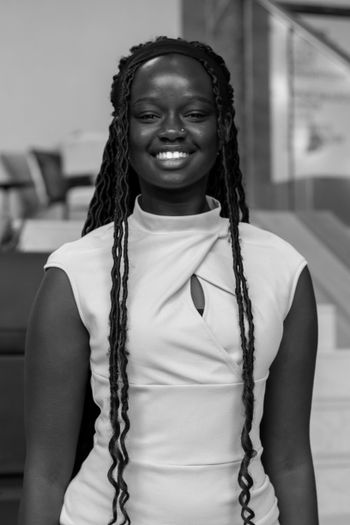Georgia public universities eliminate DEI requirements from hiring
Georgia’s university system now prohibits all 26 of its schools from requiring applicants to submit any 'political litmus tests or ideological oaths,' such as diversity-related personal statements.
The state of Georgia’s public university system eliminated its use of mandatory DEI statements in its hiring process in July.
The state of Georgia’s public university system eliminated its use of mandatory DEI statements in its hiring process in July.
Georgia’s university system now prohibits all 26 of its schools from requiring applicants to submit any “political litmus tests or ideological oaths,” such as diversity-related personal statements, an “employee recruitment” policy states. A “general criteria for employment” document states that required employee training must not include diversity statements.
The Board of Trustees found that ideological oaths clashed with its principles. This led to Chancellor Sonny Perdue updating the board policies in May to uphold principles of “academic freedom” and “freedom of expression,” the University System of Georgia told Campus Reform in an email.
Instead, the recruitment document lists permissible questions related to an applicant’s professional proficiency and employee development such as: “Tell us about a training program that you have developed or enhanced,” or “What have you done to improve relations with your customers?”
[RELATED: Texas eliminates DEI at public colleges and universities]
In April, the university system announced their adherence to principles regarding academic freedom, intellectual diversity, and faculty’s right to be relieved of ideological tests, affirmations and oaths, in a statement approved by the Board of Regents.
“Faculty have the right to be unburdened by ideological tests, affirmations and oaths,” one principle reads. “The key basis for hiring, promotion and tenure should be achievement and a commitment to student success.”
The board agreed that college campuses are designed for students, faculty, and staff to learn and grow in ways such as exchanging ideas, opinions, and theories amongst each other even if they disagree.
“Students especially should never feel they may suffer any repercussions for speaking out as part of the civil discourse on campus, no matter what side of an issue they may take,” University System of Georgia Board Chairman Harold Reynolds said.
Perdue said higher education exists for people to realize that not everyone holds a similar outlook on life.
“We want people to feel free to be expressive with their First Amendment rights on our campuses without being shouted down or called out as a matter of mutual respect and civil discourse,” he said.
In August, the Arizona Board of Regents agreed to eliminate diversity, equity, and inclusion statements from state school job applications following a report from the Goldwater Institute, a conservative think tank, Campus Reform reported.
In March, the University of Houston system banned diversity, equity and inclusion statements in faculty hiring following similar decisions from Texas A&M University and University of Texas systems, Campus Reform reported.
Campus Reform also reached out to the University System of Georgia Chairman Harold Reynolds, and Chancellor Sonny Perdue for comment. This article will be updated accordingly.

